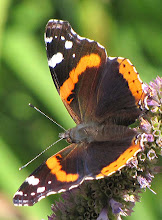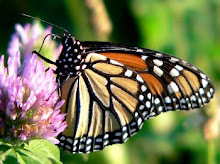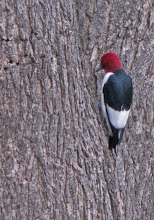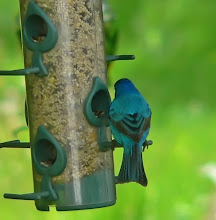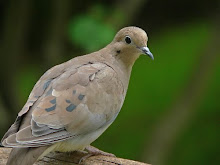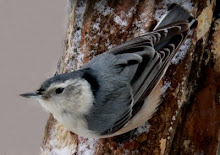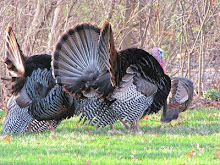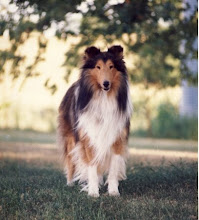Of course I found this intriguing so I began to search for more data. It seemed that rose growers had been using it for years too and enjoying success in the form of more basal breaks and increased flower production.
Alfalfa meal ( N: 3 P: 2 K: 2 ) contains many useful trace elements but the main reason it is so effective is triacontanol, a growth stimulant. Triacontanol is the substance responsible for larger and faster developing plants. Not to change the subject but if growth stimulants sound awfully familiar to you, there are a lot of different kinds in the news recently. Alex Rodriguez just admitted his success as an athlete was due to taking muscle growth stimulants. President Obama is thinking money is the best growth stimulant and is planning to test that theory on our ailing economy. And of course men are still hoping for a hair growth stimulant.
Baseball, hair and the economy aside, I've used alfalfa for years in my garden and have been very pleased with the results. I broadcast alfalfa meal or pellets over the entire garden in April, June and September. I also apply it in the form of tea to individual plants twice per month. Here is the recipe I use to brew tea. I fill a very sturdy thirty-five gallon trash can with water and add ten to twelve cups of alfalfa pellets or alfalfa meal. (On a smaller scale, start with a 5-gallon bucket of water and add one or two cups of alfalfa meal.) Let steep for three to seven days stirring frequently. Allow to settle and dip out the tea applying one to three gallons on individual plants. The remaining sludge can be applied directly to the garden or left in the trash can and more water added. Be warned, the longer I allow the tea to steep the more odor it gives off. After a week in hot weather the tea has a definite odor of decomposing vegetation. It's fairly easy for me to ignore the smell because I've also made horse manure teas which are much stinkier altho very effective.
I have considered the discussion about folier application of organic teas. It may be beneficial but it does leave a cloudy residue on leaves. Some people add other organic concoctions such as fish meal, Milorganite, compost, coffee grounds, cotton seed meal, etc to the alfalfa tea. Be careful if you add things. While weak organic teas almost never cause burning in plants the addition of other substances could.
My theory on the use of organic teas and fertilizers is as follows: First I don't worry about the harmful chemicals and salts left in the soil and in our water supply. No concern about fertilizer run off polluting rivers and lakes. No chance of over fertilization burning or killing plants. Less plant disease caused by the stress of commercial fertilizer. Decreased need for excess watering. Most important, my cats, dogs and visitors can walk anywhere in my garden and not worry about poisonous chemical fertilizers.

I buy alfalfa meal at my local feed dealer. It's only about $10 for 50-pounds if bought as horse feed (be sure no salt has been added). Smaller quantities are now sold in garden shops but they are more expensive. The meal form looks better applied directly to the garden. Pellets work as well but after the first rain they don't look very attractive.
I begin application in early April so it has time to decompose and give plants that necessary boost they need to get off to a good start.








